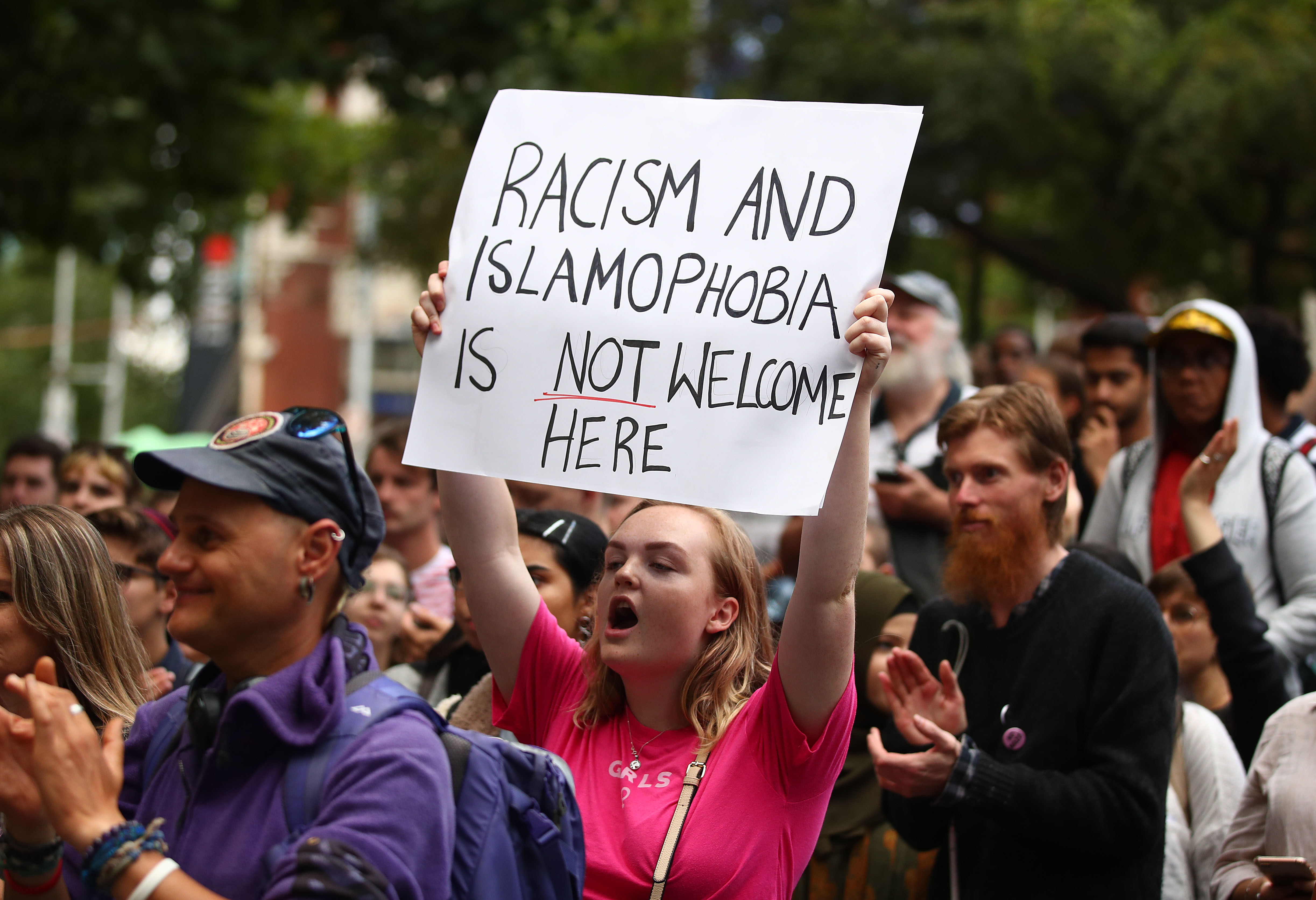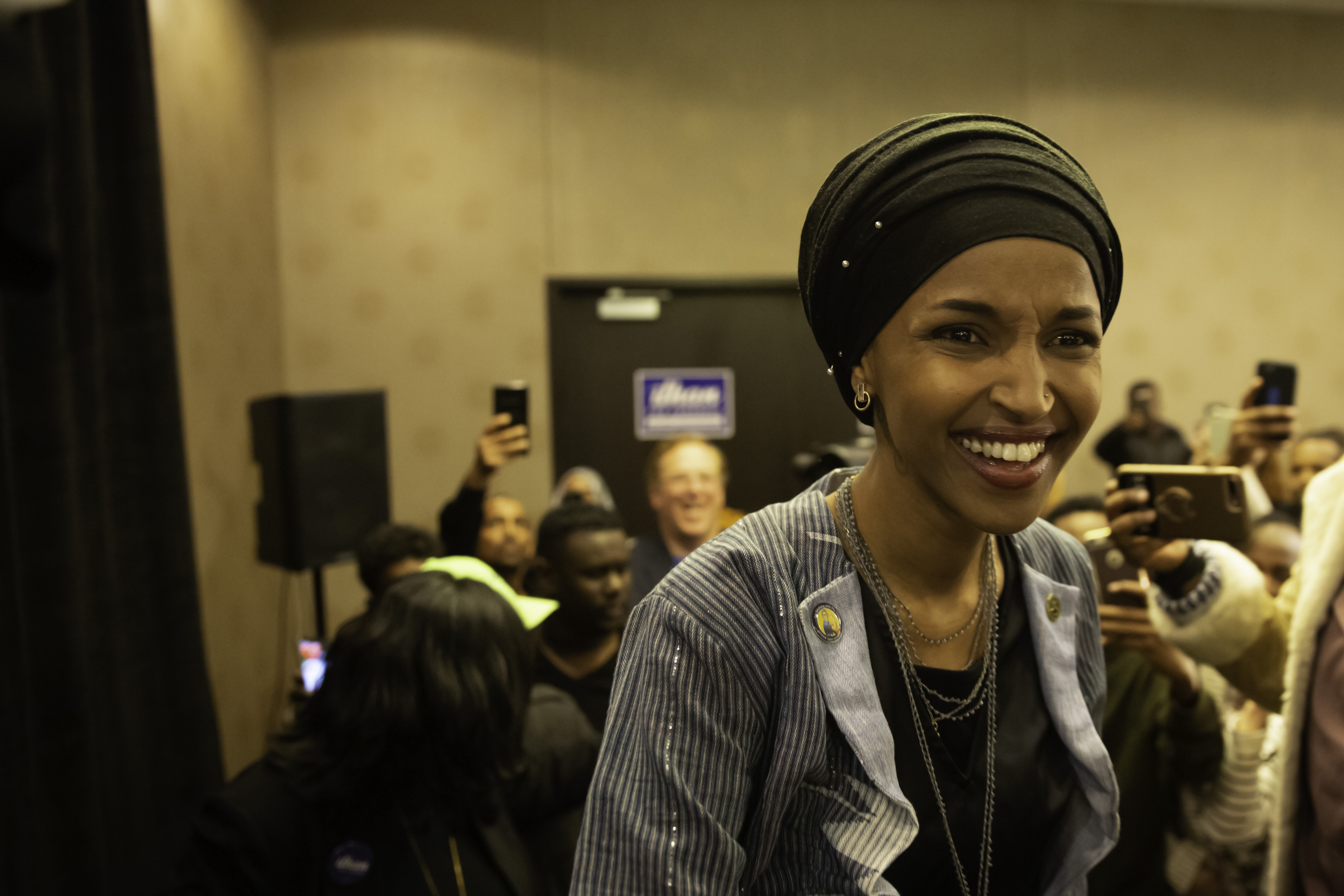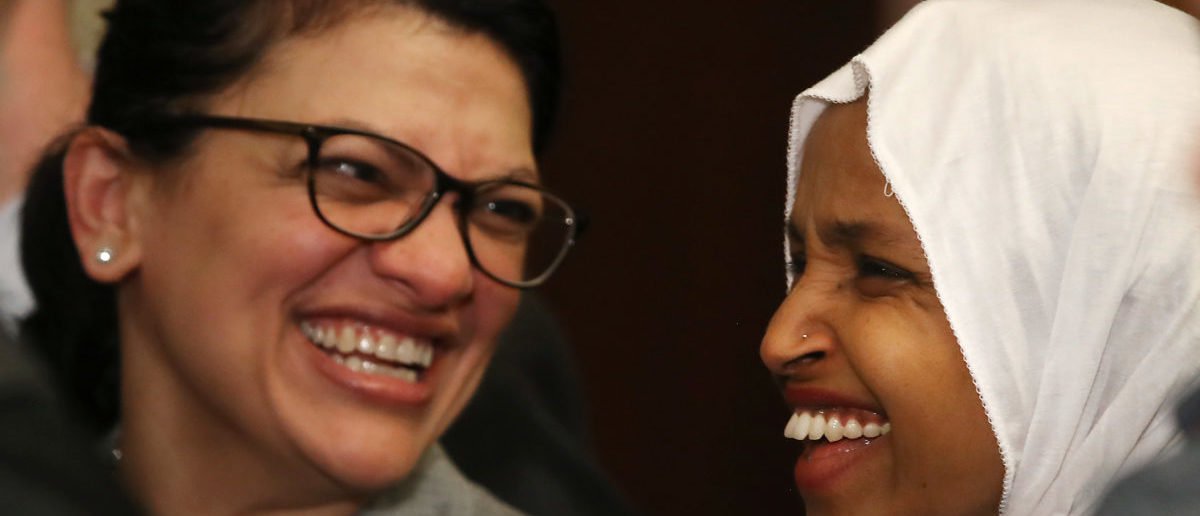This article was originally published in the Daily Caller on June 21, 2019.
By Adam Milstein
Across the globe, anti-Semites are growing bolder. Each smear is more overt. Each attack is deadlier. Hateful rhetoric once kept to the fringes of society has crept into the mainstream and is now disseminated online and in the halls of Congress.
But when the House tried to pass a resolution condemning anti-Semitism earlier this year, they couldn’t even get it on the floor for a vote. Instead, a revised resolution was passed 407-23, denouncing both anti-Semitism and Islamophobia “as hateful expressions of intolerance.”
The House resolution, while problematic, was still better than what transpired in the United Nations. Until Israel’s Ambassador to the U.N. Danny Danon spoke out and rallied allies, the resolution only condemned Islamophobia, completely excluding anti-Semitism.
These two resolutions show the unfortunate trend of framing anti-Semitism and Islamophobia as equivalent phenomena and equal dangers. They are not.
Hatred of Muslims is real and can be deadly, as we saw in New Zealand recently. But as radical Muslim organizations like the Council on American-Islamic Relations (CAIR) as well as federal lawmakers like Reps. Ilhan Omar (D-Minn.) and Rashida Tlaib (D-Mich.) have come to prominence in America, so have false accusations of Islamophobia.

MELBOURNE, AUSTRALIA – MARCH 19: Protesters hold placards aloft as they march during the Stand Against Racism and Islamophobia: Fraser Anning Resign! rally on March 19, 2019 in Melbourne, Australia. The protesters are calling for the resignation of Senator Fraser Anning, following the statement he issued within hours of the Christchurch terror attacks on Friday 15 March, linking the shootings at two mosques to immigration. Those attacks killed 50 people and have left dozens more injured. The accused attacker, 28-year-old Australian, Brenton Tarrant, has been charged with murder and remanded in custody until April 5. The attack is the worst mass shooting in New Zealand’s history. (Photo by Scott Barbour/Getty Images)
While anti-Semitism and Islamophobia sound similar, and both refer to prejudicial opinions about minority groups, they are not the same.
A phobia is a strong, irrational fear of something that poses no real danger. Judeophobia is an irrational fear of Jews. Islamophobia is an irrational fear of the Islamic religion or Muslims generally. Anti-Semitism, on the other hand, is rooted in hatred, not fear.
“Because anti-Semitism is the godfather of racism and the gateway to tyranny and fascism and war, it is to be regarded not as the enemy of the Jewish people, I learned, but as the common enemy of humanity and of civilization, and has to be fought against very tenaciously for that reason, most especially in its current, most virulent form of Islamic jihad,” said the famed English-American author Christopher Hitchens in 2011.
The late historian Robert S. Wistrich — arguably the world’s leading expert on anti-Semitism during his lifetime — framed anti-Semitism in the context of the difference between an “obsession” and a “compulsion.”
“Compulsion’ suggests being coerced; and I think of anti-Semitism as more inner-driven,” Wistrich said, citing French philosopher Jean-Paul Sartre’s description that anti-Semitism is “not an opinion, but rather a crime of passion; and, in the final analysis, the anti-Semite wants, consciously or unconsciously, to kill the Jew.”
While anti-Semitism is what Wistrich deemed “the longest hatred,” Islamophobia is a relatively novel phenomenon in historical terms. The phrase was first used in the 19th century but became prominent after Ayatollah Khomeini issued a fatwa in 1989 following the publication of Salman Rushdie’s The Satanic Verses. The fatwa not only imposed a death penalty on Rushdie, but also criminalized all the publishers and translators of the book. When Rushdie was knighted by Queen Elizabeth II in 2007 for his service to literature, Iran accused Britain of “Islamophobia,” saying its fatwa still stood.
“A stupid term — Islamophobia —has been put into circulation to try and suggest that a foul prejudice lurks behind any misgivings about Islam’s infallible ‘message,’” Hitchens wrote in 2007.
Since then, the Islamophobic label has been used more and more often to deter any scrutiny of any groups or individuals who happen to be Muslim, even when those are advancing radical or harmful ideas, like Iran’s Ayatollahs. The political uses of the term Islamophobia go a long way toward explaining why the Associated Press stylebook barred the term in 2012. In 2017, AP changed their minds and added it back.

Ilhan Omar, newly elected to the U.S. House of Representatives on the Democratic ticket, arrives for her victory party on election night in Minneapolis, Minnesota on November 6, 2018. – US voters elected two Muslim women, both Democrats, to Congress on November 6, 2018, marking a historic first in a country where anti-Muslim rhetoric has been on the rise, American networks reported. Ilhan Omar, a Somali refugee, won a House seat in a heavily-Democratic district in the Midwestern state of Minnesota, where she will succeed Keith Ellison, himself the first Muslim elected to Congress. (Photo by Kerem Yucel/AFP/Getty Images)
“Islam is not a race … Islam is simply a set of beliefs, and it is not ‘Islamophobic’ to say Islam is incompatible with liberal democracy,” said Ayaan Hirsi Ali, a Somali-born Dutch-American feminist and former politician who abandoned Muslim faith and is an outspoken voice against female genital mutilation in the Islamic world.
CAIR’s crusade against Islamophobia — and free speech — is particularly laughable, as the organization has even called “Aladdin” Islamophobic.
The prime minister of France Manuel Valls demonstrated a wariness of the political purposes of the Islamophobia charge and refused to use the term following the 2015 Charlie Hebdo attack.
Calling critics Islamophobic is a very useful way to stifle debate, and Islamic radicals know this very well. Because of the power of the charge, few today are brave enough to take a public stance against radical Islam. As a result, criticism of Islam, Muslims and related matters are censored often in favor of the Islamist.
Chelsea Clinton has experienced this. So have Bill Maher and Dennis Prager. My own opposition to the Iran deal, boycott campaigns against Israel, and support of a petition calling out Reps. Omar and Tlaib for their anti-Semitism have earned me the designation as well.
Today, the unfortunate reality is that any time somebody is brave enough to critique a dangerous ideology, the government of a Muslim country, or even a terrorist network, they’re silenced, shut down, and stigmatized for engaging in “Islamophobia.”

